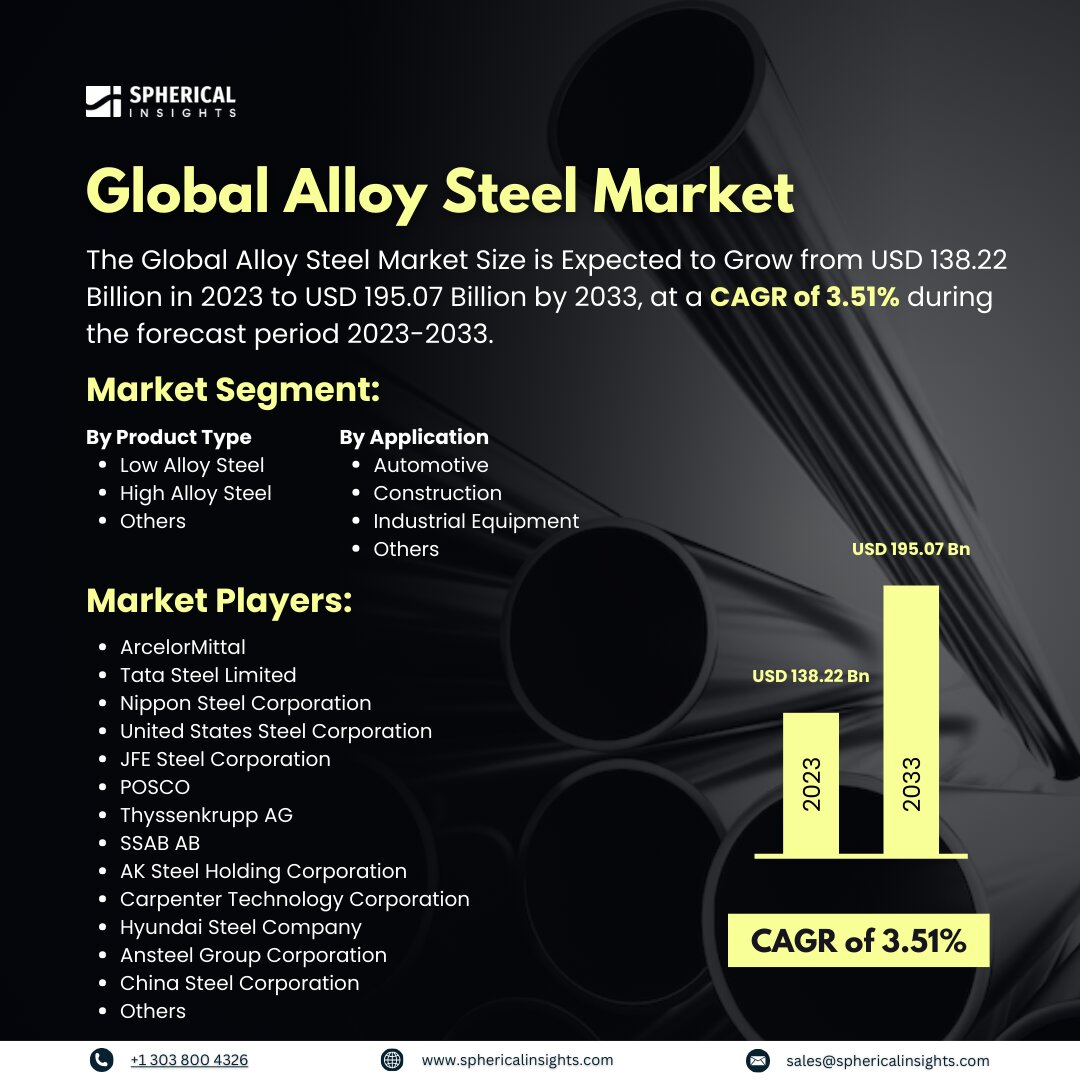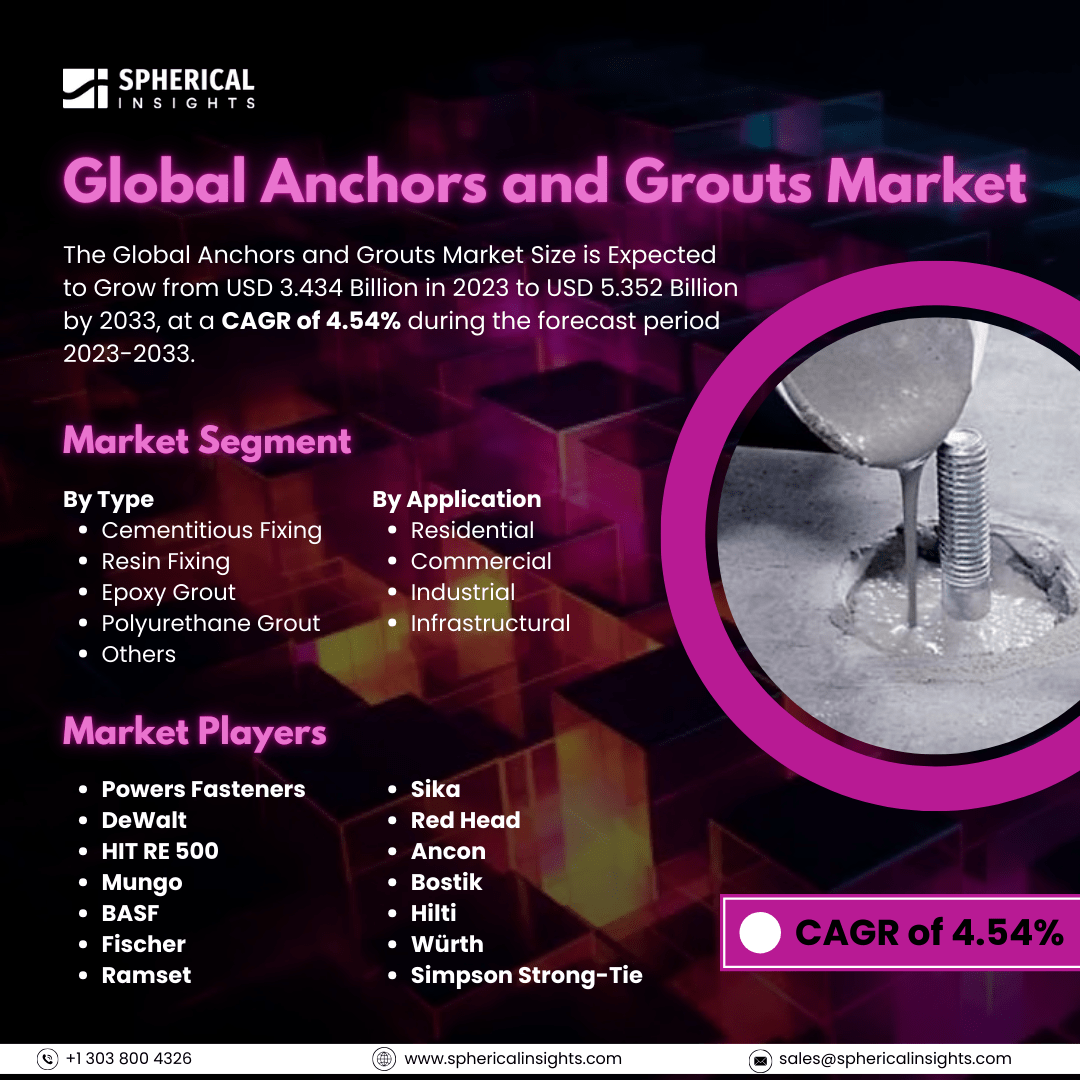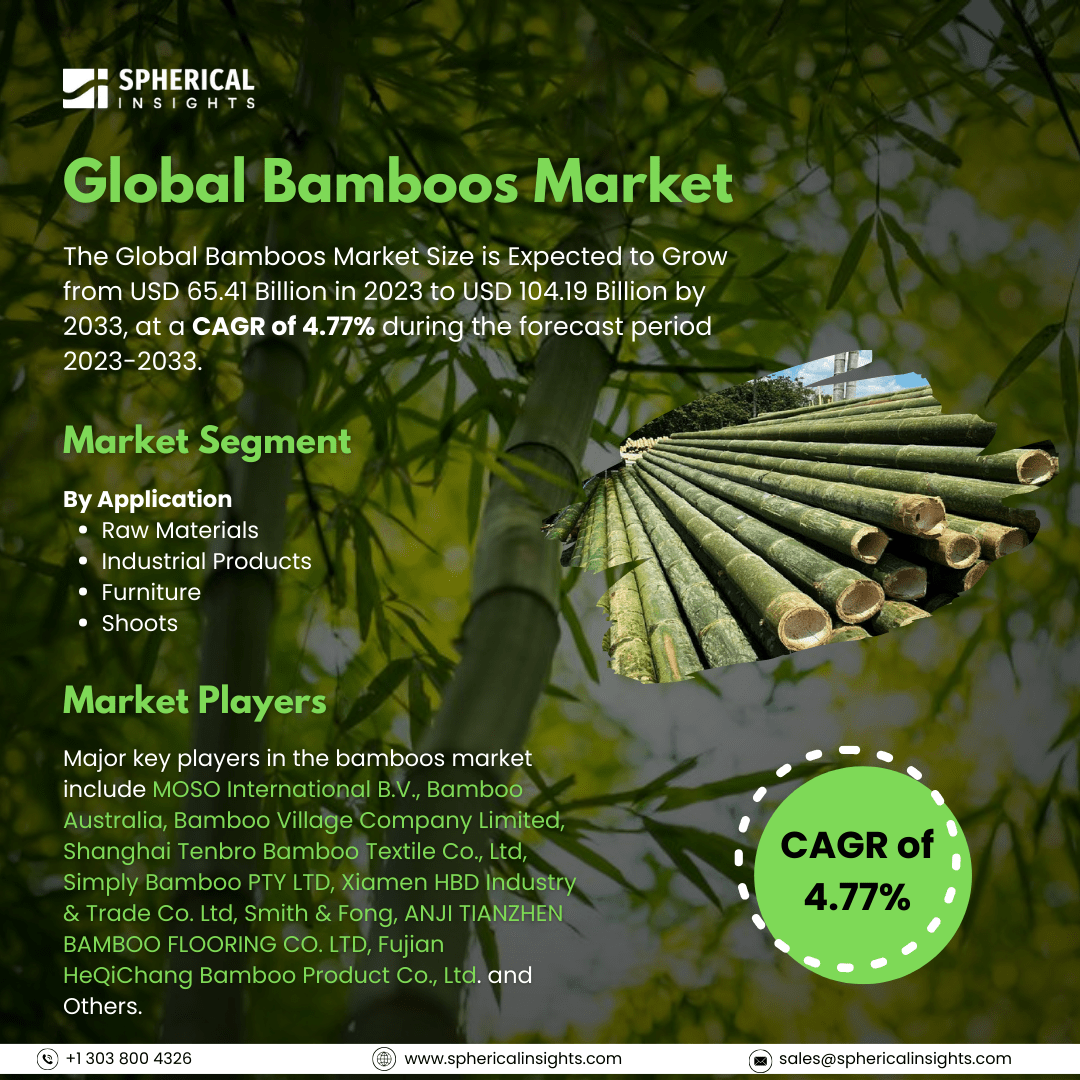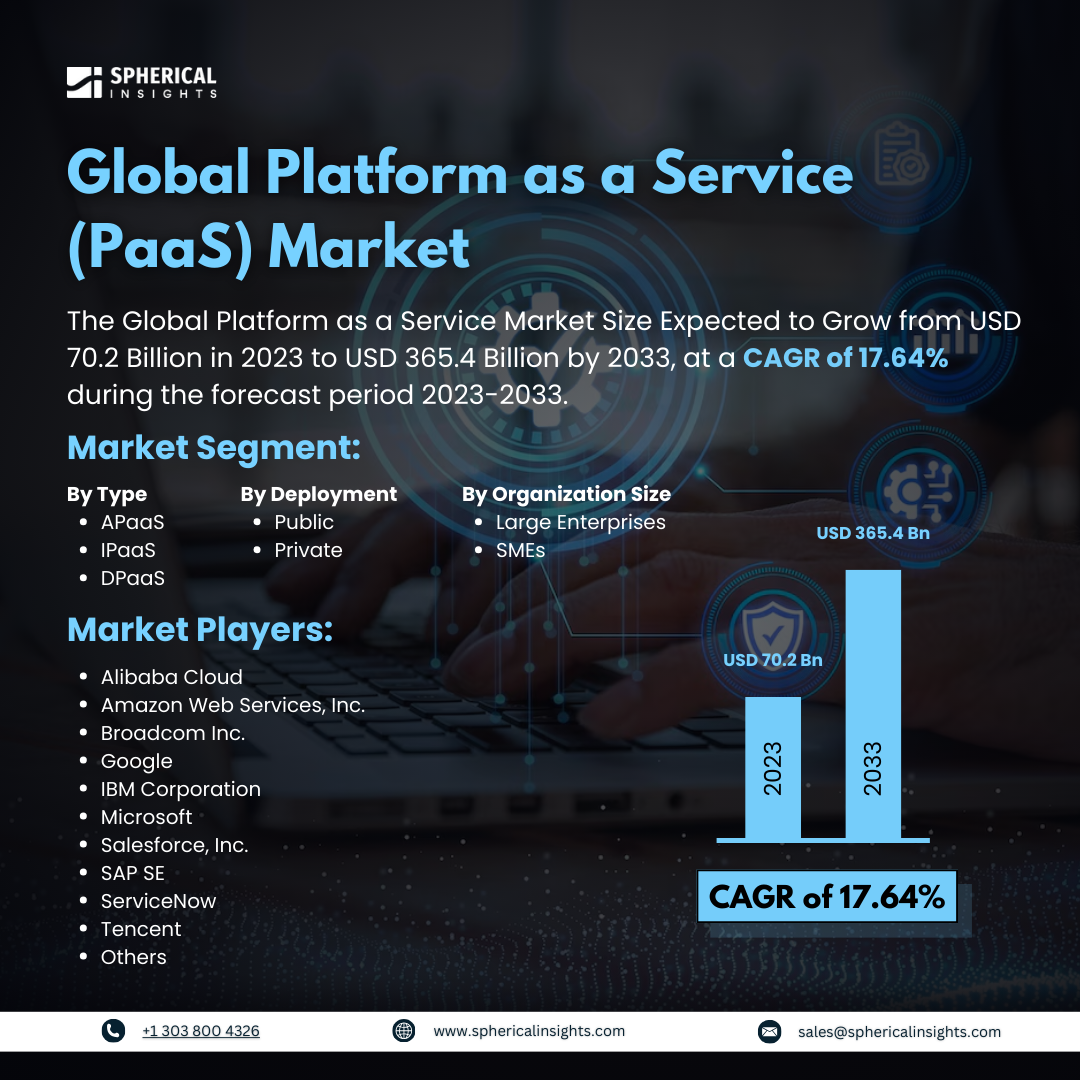Global Alloy Steel Market Size to worth USD 195.07 Billion by 2033
According to a research report published by Spherical Insights & Consulting, the Global Alloy Steel Market Size is Expected to Grow from USD 138.22 Billion in 2023 to USD 195.07 Billion by 2033, at a CAGR of 3.51% during the forecast period 2023-2033.
Browse key industry insights spread across 210 pages with 110 Market data tables and figures & charts from the report on the Global Alloy Steel Market Size, Share, and COVID-19 Impact Analysis, By Product Type (Low Alloy Steel, High Alloy Steel, and Others), By Application (Automotive, Construction, Industrial Equipment, and Others), and By Region (North America, Europe, Asia-Pacific, Latin America, Middle East, and Africa), Analysis and Forecast 2023 – 2033.
Steel that has been alloyed with different elements to improve its mechanical qualities is known as alloy steel. These elements are added in weight-based proportions ranging from 1.0% to 50% and can include manganese, chromium, nickel, molybdenum, vanadium, silicon, and boron. Enhancing the steel's strength, toughness, hardness, corrosion resistance, wear resistance, and hardenability is the main objective. Alloy steels are categorized into low-alloy and high-alloy steels. Low-alloy steels improve specific properties without increasing cost, while high-alloy steels require exceptional performance in industries like aerospace and automotive. The addition of alloying elements, such as chromium, molybdenum, and nickel, creates steels with tailored properties for specific applications. For instance, chromium enhances corrosion resistance, molybdenum enhances strength and hardenability, and nickel enhances toughness at low temperatures. In the construction and automotive industries, there is a great need for materials that are lightweight and strong enough to support large loads. Alloy steels have become a versatile solution because alloying elements are carefully manipulated to provide a specific strength-to-weight ratio. Fuel efficiency in automobiles is greatly increased when lightweight components are used to reduce vehicle weight because less mass needs to be driven. For instance, the U.S. Energy Information Administration (EIA) reported that hybrid, plug-in hybrid, and battery electric vehicles (BEVs) accounted for 16.3% of new light-duty vehicle sales in 2023, a significant rise from 12.9% in 2022. However, alloy steel production faces challenges due to fluctuating raw material prices, including iron ore, chromium, nickel, and manganese, which can squeeze profit margins and impact supply chains.
The low alloy steel segment is predicted to hold the highest market share through the forecast period.
Based on the product type, the alloy steel market is classified into low alloy steel, high alloy steel, and others. Among these, the low alloy steel segment is predicted to hold the highest market share through the forecast period. This is due to its versatility and cost-effectiveness. Its broad range of applications across diverse industries, including construction, automotive, energy, and machinery, makes it a preferred choice for manufacturers worldwide. Low alloy steel's unique properties, such as enhanced strength, durability, and resistance to wear, further contribute to its dominance.
The automotive segment is anticipated to hold the highest market share during the projected timeframe.
Based on the application, the alloy steel market is divided into automotive, construction, industrial equipment, and others. Among these, the automotive segment is anticipated to hold the highest market share during the projected timeframe. The increasing global demand for automobiles and preference for lightweight, high-strength materials have significantly boosted the use of alloy steel in automotive manufacturing, resulting in the widespread use of alloy steel in the production of various automotive components.
Asia Pacific is estimated to hold the largest share of the alloy steel market over the forecast period.
Asia Pacific is estimated to hold the largest share of the alloy steel market over the forecast period. It is propelled by its robust machinery and automotive industries. The area, which is home to significant factories, benefits from the strong demand for alloy steel. Its dominance in the worldwide market is further reinforced by stringent regulatory standards like those set by the International Organization for Standardization (ISO), which further guarantee exceptional product quality.
North America is predicted to have the fastest CAGR growth in the alloy steel market over the forecast period. The increasing global demand for automobiles and preference for lightweight, high-strength materials have significantly boosted the use of alloy steel in automotive manufacturing, primarily used in the production of body structures, engine parts, and chassis.
Competitive Analysis
Major key players in the alloy steel market include ArcelorMittal, Tata Steel Limited, Nippon Steel Corporation, United States Steel Corporation, JFE Steel Corporation, POSCO, Thyssenkrupp AG, SSAB AB, AK Steel Holding Corporation, Carpenter Technology Corporation, SeAH Steel Corporation, Baosteel Group Corporation, Hyundai Steel Company, Ansteel Group Corporation, and China Steel Corporation, and Others.
Recent Development
- In June 2024, JSW Steel unveiled JSW Magsure, a zinc-magnesium-aluminum alloy-coated steel product developed for extremely corrosive conditions in the renewable energy sector. The product seeks to meet the increasing demand brought on by renewable energy initiatives and to substitute imports. 120,000 tonnes will be supplied locally by JSW Steel, with the remaining 25,000 tonnes to be exported.
Key Target Audience
- Market Players
- Investors
- End-users
- Government Authorities
- Consulting And Research Firm
- Venture capitalists
- Value-Added Resellers (VARs)
Market Segment
This study forecasts revenue at global, regional, and country levels from 2023 to 2033. Spherical Insights has segmented the alloy steel market based on the below-mentioned segments:
Global Alloy Steel Market, By Product Type
- Low Alloy Steel
- High Alloy Steel
- Others
Global Alloy Steel Market, By Application
- Automotive
- Construction
- Industrial Equipment
- Others
Global Alloy Steel Market, By Regional Analysis
- North America
- Europe
- Germany
- UK
- France
- Italy
- Spain
- Russia
- Rest of Europe
- Asia Pacific
- China
- Japan
- India
- South Korea
- Australia
- Rest of Asia Pacific
- South America
- Brazil
- Argentina
- Rest of South America
- Middle East & Africa
- UAE
- Saudi Arabia
- Qatar
- South Africa
- Rest of the Middle East & Africa



